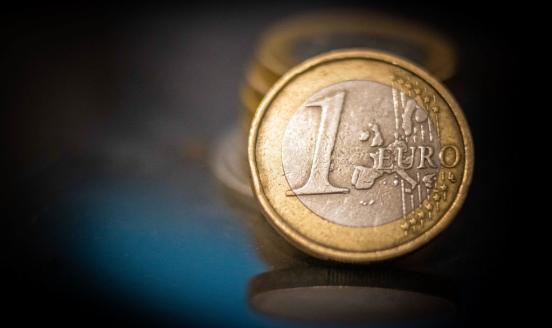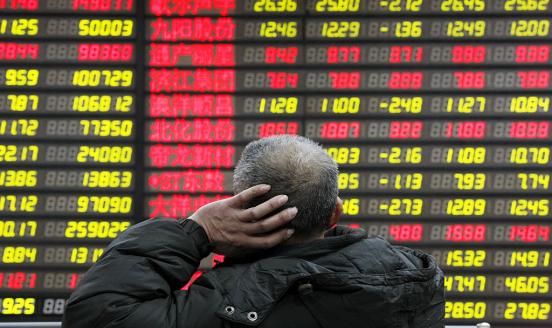Europe’s Banking union at ten: unfinished yet transformative
Nicolas Véron offers the first comprehensive exploration of the genesis, implementation and possible future completion of the banking union

Europe’s banking union, the project to pool responsibility for prudential policy at European Union level, became a reality in 2014 with the empowerment of the European Central Bank as banking supervisor. Ten years on, the project remains unfinished, as European countries can still leverage their domestic banking sectors to serve their special interests and the intervention framework for banking crises continues to be an awkward mix of national and EU authorities and instruments.
But the achievements of even this incomplete banking union have been impressive. The decision on ECB banking supervision, made in mid-2012, was crucial for the eventual resolution of the euro-area crisis. The subsequent decade of supervisory practice appears to have been highly successful, meeting its objectives of banking-system safety and soundness. Still, Europe pays a high price for its reluctance to finish the work.
The present volume, by the scholar who introduced the term ‘banking union’ into the European public debate, offers the first comprehensive exploration of the genesis, implementation and possible future completion of this major policy endeavour.
If you missed the launch event of this book on Tuesday, 25 June 2024, you may watch it here.
The launch event featured a panel discussion between:
- Rebecca Christie, Senior fellow, Bruegel
- Vítor Constâncio, Former Vice President, European Central Bank
- Mairead McGuinness, European Commissioner for Financial Stability, Financial Services and the Capital Markets Union
- Nicolas Véron, Senior fellow, Bruegel
- Maarten Verwey, Director General, European Commission, DG ECFIN



